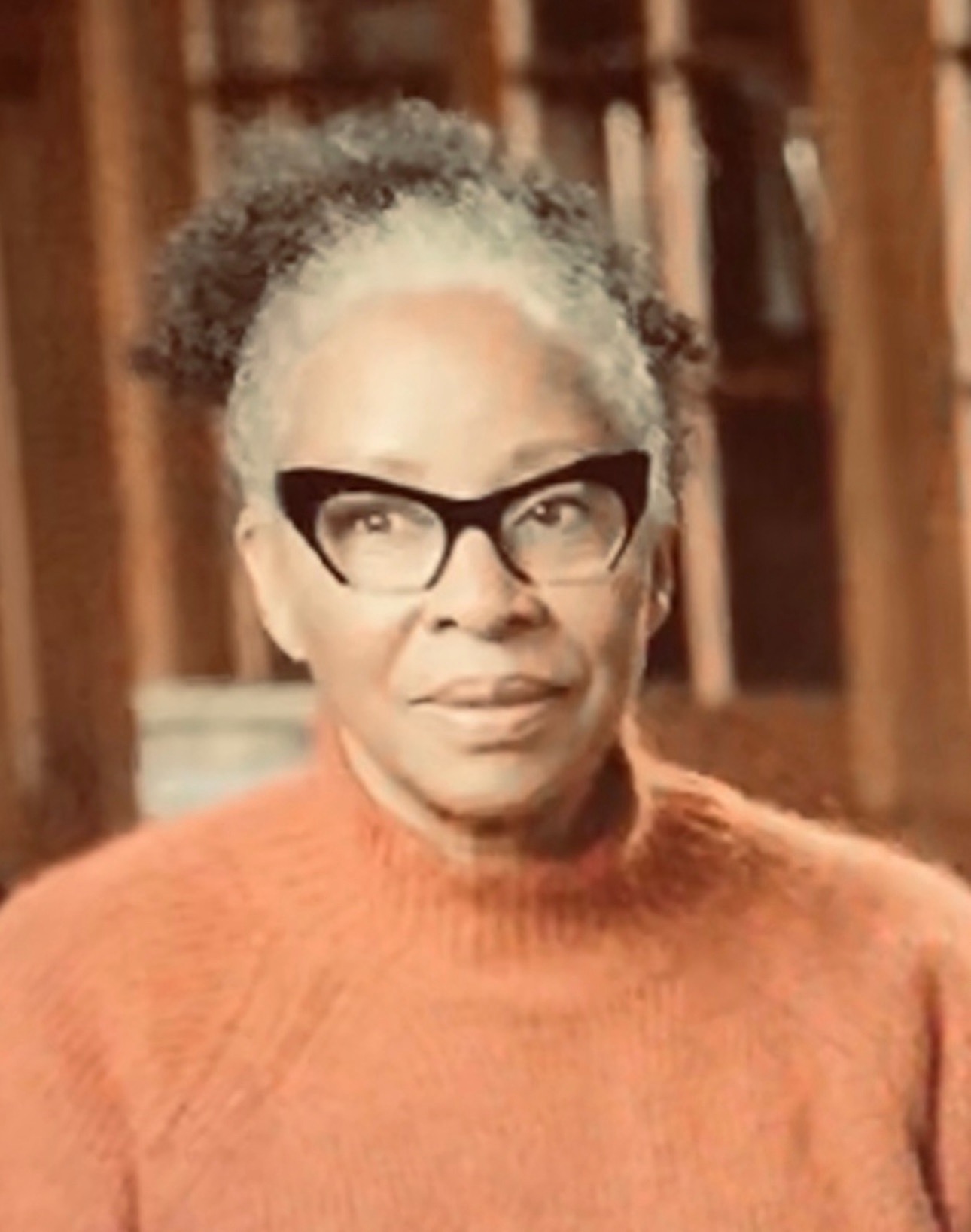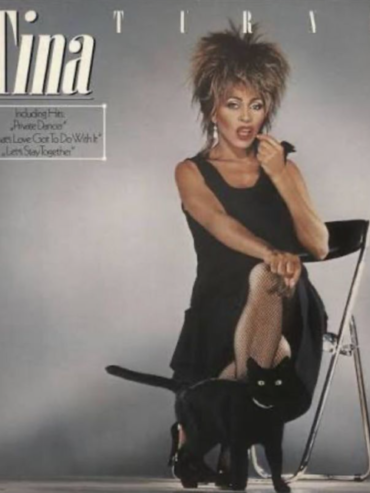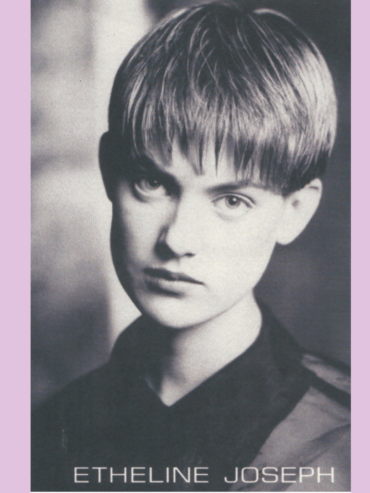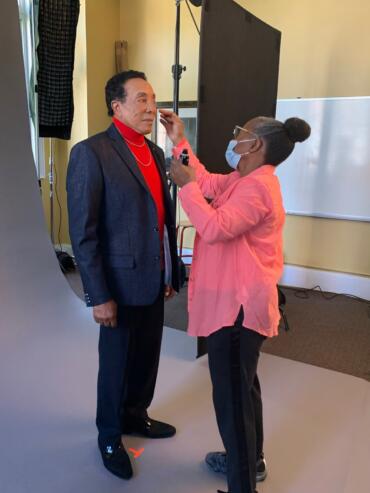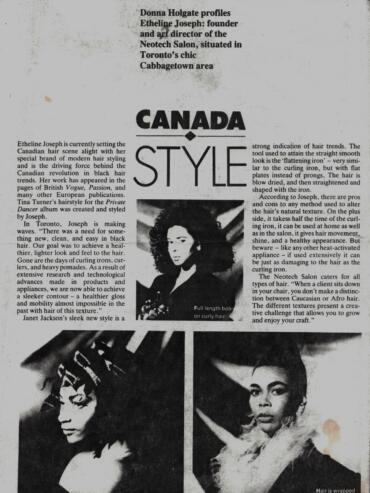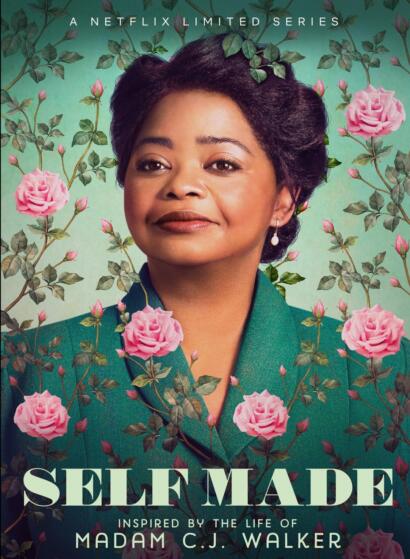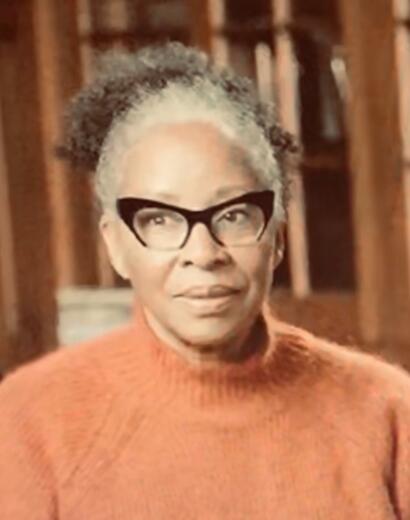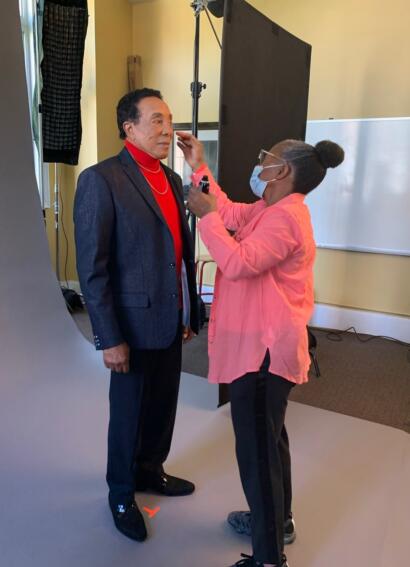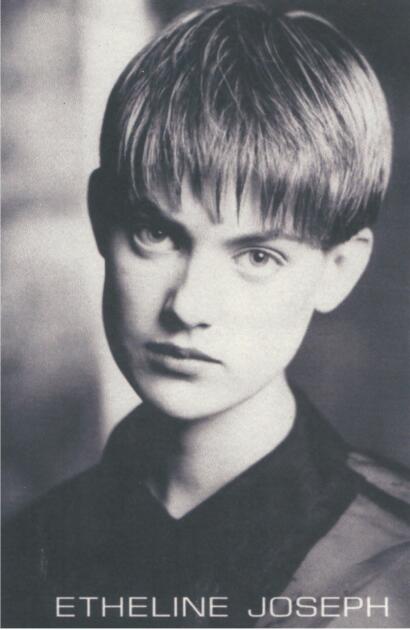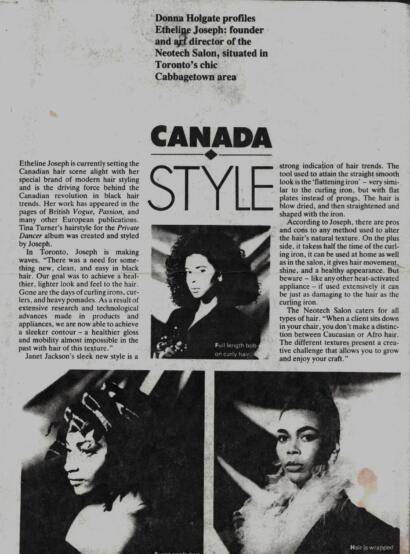June 2024
Month 20xx
Words by Talia French
Charmaine Gooden
Jacob Marion
Whether she was styling Tina Turner’s hair on her Private Dancer album cover or washing Gladys Knight’s hair in the bathtub of a Four Seasons hotel, Etheline Joseph’s career has been filled with unique experiences. She has worked with some of the most influential people in pop culture while being a significant influence in the world of fashion and film herself. Joseph’s craftsmanship, work ethic and passion for detail are all part of what has made her a highly accomplished and recognized hairstylist.
“Everything Etheline touches is golden,” says Jehanne Melrose, a former top model in Canada and a longtime friend of Joseph. The pair met backstage at a fashion show in 1984. Their friendship grew rapidly and never waned. That same year, Joseph came to Toronto from London, England, to teach haircutting for six weeks with the newly founded M.A.C. Cosmetics. Six weeks turned into another six, and then another. Joseph is still working in Toronto today, where she has dominated the film and fashion industries for decades
Early Life and Career
When she was eight years old, Joseph moved from her home country, Dominica, to London, England where her mother worked as a cleaning lady. One of the businesses her mother cleaned for was a hair salon. Joseph’s curiosity for hair sparked one day while accompanying her mother to the salon. She saw ladies with towers of curlers stacked in their hair and wondered how they managed to make them stay up. Towards the end of her mother’s relationship with the salon, a stylist showed Joseph how it was done. From there, she began practicing with her friends at school.
VIDAL SASSOON
In her late teens, still undecided about her career path, Joseph was flipping through a magazine at a friend’s house and came across an ad for an apprenticeship at the original Vidal Sassoon salon on Bond Street in London. She went for the interview and, sure enough, landed the position. At just 19 years old, there were already people her age working at the salon, motivating Joseph to complete her three-year apprenticeship in just two and a half years.
Joseph sped up the process by cutting hair on her way home from Sassoon’s. With the first customers coming in at 8 a.m., and the last appointments at 6 p.m., followed by classes for the apprentices that finished around 9 p.m., she would get home around 11 p.m. most nights.
Fast forward many years later in Toronto, Joseph came home late from work one night. She was having a conversation with her mother, and the two were reminded of the many late nights during her apprenticeship. Her mom revealed she never believed Joseph was really working. But with a successful career under her belt, her mom apologized for doubting her.
As an apprentice, part of Joseph’s role at Sassoon’s was to keep the salon tidy. Since she was the newest team member, she got stuck with what she described as the worst job: cleaning the restrooms. Joseph’s mother often cleaned bathrooms as part of her cleaning jobs. She asked her mother one day, “Why do you do this?” To which her mother replied, “I do this, so you don’t have to.”
Joseph recalls getting fed up with cleaning washrooms one day, “I’m upstairs at Vidal Sassoon and there’s nobody around, or so I thought. I was rumbling… ‘I came here to cut hair. I don’t see why I should have to do that’,”. A senior employee walked in on Joseph and asked her what was wrong, she didn’t hold back. To her surprise, the man called out to the other employees downstairs and said Joseph no longer had to clean the toilets. “Which didn’t make me very popular with the other assistants,” she says. Confident in herself and her skills, Joseph knew her worth from the start of her career and she continued to hone her skills while working with the prestigious Samnriwz Salon for London Fashion Week in 1983.
Next came her big move to Toronto. Joseph’s phone rang in London around 2 a.m. in December. “Are you ready?” Blair James asked Joseph. The simple answer, “yes,” brought Joseph to Toronto to work with Jane as a hairdresser, opening an array of possibilities.
Angelo, Toskan, and Blair opened Neotech, a hairdressing school with Etheline Joseph as founder and Art Director.Joseph worked with her friends at M.A.C. until it was sold to Estée Lauder in the mid-1990s.
M.A.C
“Blair was friends with people who owned M.A.C. Cosmetics,” says Joseph. During that time, M.A.C. Cosmetics, founded by Frank Angelo and Frank Toskan, was just beginning to make connections in the fashion industry. “They were moving to Carlton Street and had M.A.C. makeup in the front and M.A.C. salon in the back,” Joseph continues. Angelo, Toskan, and James opened Neotech, a hairdressing school with Etheline Joseph as founder and Art Director.
Joseph worked with her friends at M.A.C. until it was sold to Estée Lauder in the mid-1990s. The challenge of entering a new industry didn’t intimidate her. Joseph transitioned into film, working on the sets of critically acclaimed movies such as American Psycho. Joseph proved her brilliance by succeeding in each industry she stepped into.
Her advice to her younger self would be to learn everything possible, appreciating the studying opportunities presented to her. “In the [19]70s we would say ‘Oh, my hand doesn’t do that’… How arrogant! You should be able to do everything,” Joseph says.
Joseph’s ability to keep learning is part of what has made her so successful. One of her favourite projects to work on was the Netflix series Self Made, Inspired by the Life of Madam C.J. Walker, because of the research involved. Oftentimes, Joseph finds the research even more enjoyable than the work itself. “We had to be careful to only use the kinds of products that were available at that time,” she says.
Joseph even flew to an antique market outside of Connecticut to get vintage hot combs needed for the final scene of the series. This level of research and attention to detail is a perfect example of her unparalleled vision and craft.
“In the [19]70s we would say ‘Oh, my hand doesn’t do that’… How arrogant! You should be able to do everything,” Joseph says.
Role of Race
With a passion for always improving her skills and lifting up those around her, Joseph’s superpower became breaking barriers in the film industry. When it comes to discrimination against Black hairstylists, Joseph says the film industry has a long way to go and that there has been little improvement throughout her career.
Joseph says the way she is approached has changed, “Because they know me,” but she still notices discrimination in the way other stylists are treated on set. “I’m waiting for the day when we’re all looked at as equal.”
When she started out on film sets, she was often the only Black person there. People would assume that as a Black hairdresser, she could only do Black hair. “That’s just wrong about me, so wrong,” she says.
Now, often the head of the department on set, Joseph says she will place stylists with certain weaknesses beside someone they can learn from, to even out the playing field. Teaching white hairdressers to do Black hair and improving everyone’s skills. Joseph wants to end the expectations that Black hairdressers must learn how to do white hair, but white hairdressers are rarely expected to know how to do Black hair.
Her advice to young, racialized people in the industry is to “Do the best that you can do and do not allow yourself to be stereotyped.”
Influence and Legacy
Even after decades of succeeding in multiple industries, Joseph remains humble. “You’re only as good as your last job, and you have to keep working. I’ve been around a long time, and I believe I’m well respected, but you still have to keep striving to be better,” she says.
To this day, Joseph still takes new hairdressing classes. “Remember that as you get older, the new people coming in… they like to see themselves reflected,” she explains. “You have to prove that you can do stuff that young people can do.”
Joseph’s determination to be the best that she can be and eagerness to learn have inspired those around her and truly changed both the fashion and film industries forever.
References and related links:
- Copy+paste one footnote at a time.
- Give each one its own bullet point.
- Just like this.


